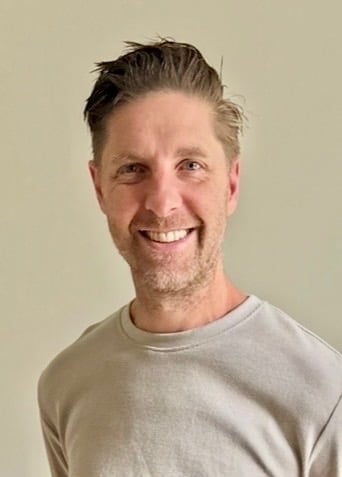Exploring the process, why you might consider a sleep study, and best practices for study success
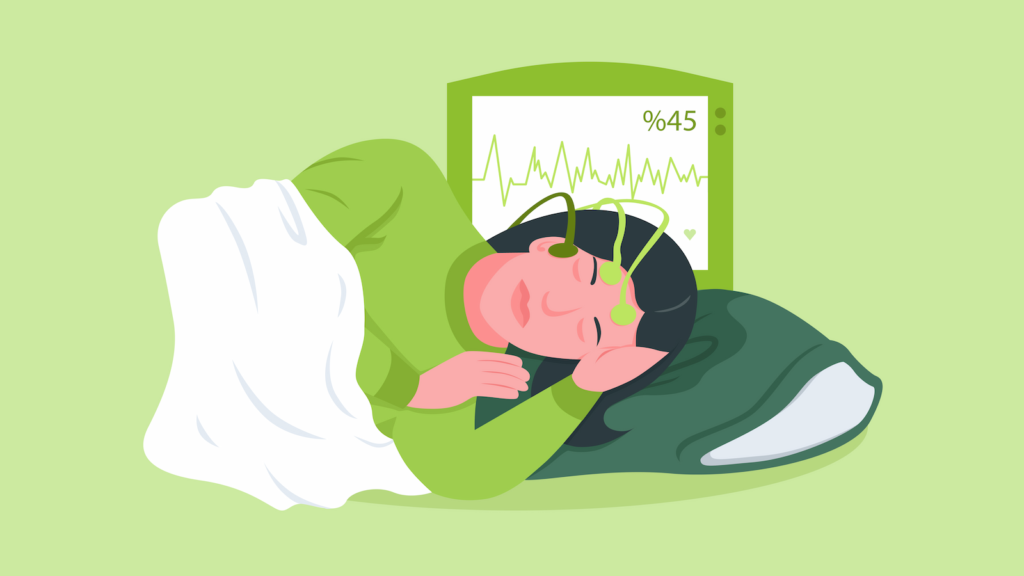
Testing is a required element of diagnosing sleep apnea and assessing symptoms. Depending on the area you live in and the severity of your sleep apnea symptoms, at-home sleep apnea testing might be available.
However, in some cases, a laboratory sleep study—also known as polysomnography (PSG), a full sleep study, or a Level 1 sleep study—is required.
If this sounds scary, don’t worry! In this guide, we’re going to look at what to expect from a lab-based sleep study, why you might consider a full sleep study, and some best practices to improve the chances of a successful study.
What is a Level 1 Sleep Study?
A Level 1 sleep study utilizes multiple sensors to collect data and measurements about various traits, including airflow, breathing patterns, sleep staging, oxygen saturation, heart rates and rhythms, body position and movements, leg movements, and brain activity.
These in-depth studies typically require a referral and consultation before the study.
Throughout the study, a polysomnography technologist will monitor progress and ensure that everything goes smoothly. You’re never completely alone, and someone is always available should you need assistance for any reason.
In most cases, these studies are performed in a specialized unit within a hospital or at a dedicated sleep center.
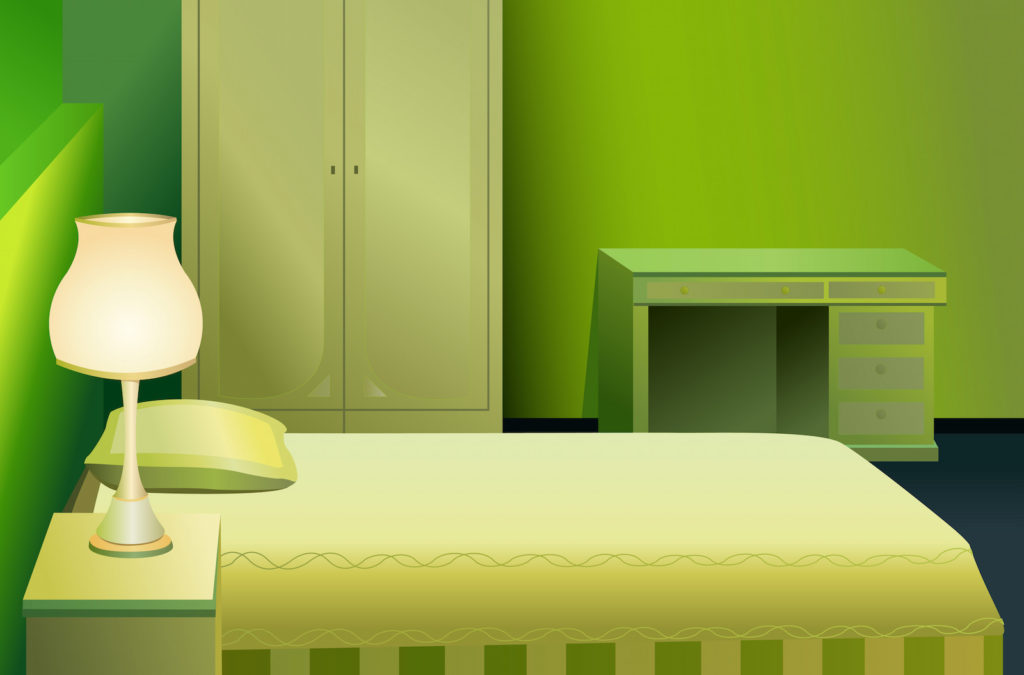
By analyzing how you progress between sleep stages and comparing it to other data, such as respiratory rates, oxygen levels, and heart rates, sleep specialists can determine the exact cause of your sleep disturbances and confirm or deny the existence of apnea episodes.
These studies are also valuable for diagnosing more than just sleep apnea. As such, if your doctor suspects that your symptoms are a result of multiple conditions, they could order a lab-based sleep study even if you live in a province that allows at-home sleep studies.
Level 1 sleep studies can also help in the detection and diagnosis of:
- Periodic Limb Movement Disorder (PLMD)
- Narcolepsy
- REM sleep behaviour disorder
- Sleepwalking or excessive movement while sleeping
- Unexplained chronic insomnia
The Pros & Cons of a PSG or Full Sleep Study
Medical risks for lab-based sleep studies are minimal. Data gathering is non-invasive, typically requiring an array of leads and probes to rest against your skin using adhesive pads or medical tape.
So why might you consider a lab-based test over an at-home test, and when is an at-home test the better option?
Consider the following.
Pros of Lab-Based Sleep Studies
- More data gathered and analyzed to help diagnose mild or complex apnea cases.
- Continuous monitoring by a medical professional should testing equipment need adjustment or come dislodged.
- Better for identifying additional conditions or sleep disorders that might not appear on home-based tests.
Cons of Lab-Based Sleep Studies
- Requires you to sleep in a place other than your home.
- Uses more electrodes and probes to gather information, making the setup more complex and potentially uncomfortable.
- Could create additional anxiety or nervousness compared to home-based testing.
- Requires you to adapt to a sleep center schedule to conduct tests.
- Requires travel to and from the administering facility.
- More expensive than home-based tests.
- Might be less accessible for the elderly, those with limited mobility, or those with chronic illness.
- Often takes longer to schedule than at-home sleep studies, further delaying diagnosis and treatment.
In short, if you’re experiencing moderate-to-severe apnea symptoms, check the availability of at-home testing is available in your area. You can likely receive an accurate diagnosis using an in-home sleep test quicker and more affordably than lab-based options.
At-home testing is currently available in Alberta, British Columbia, New Brunswick, and Quebec.
What to Expect During a Full Sleep Study
In most cases, the sleep center or hospital will request that you arrive in the evening for overnight observation. If you are a shift worker accustomed to sleeping during the day, accommodations might be available for daytime testing upon request.
Once you’re at the sleep center, they will assign you to an observation room for the night.
These typically include low-light cameras and two-way audio monitoring to allow you to speak with the technologists at any time during the night.
You’ll typically bring your bedclothes, pillow, reading materials, and other nighttime items to provide additional comfort.
Once you’ve completed your bedtime routine, a technician will apply the required sensors to your skin and monitor you as you sleep.
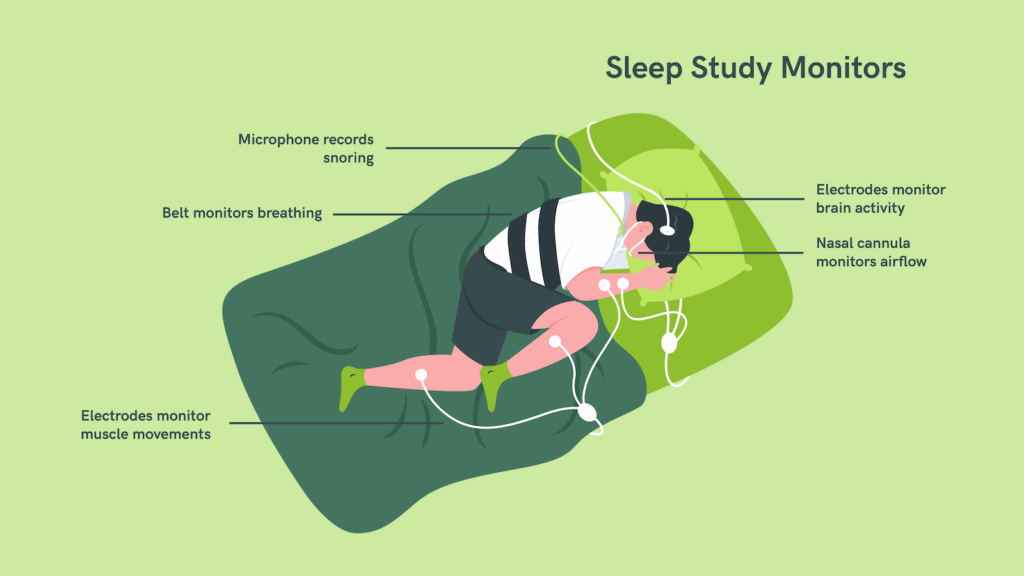
If they notice significant apnea-related sleep disturbance, they might ask you to wear a PAP mask that night to help dial in the exact settings needed to minimize your symptoms and minimize the need for a follow-up CPAP titration test. This is known as a split night or 50/50 polysomnography.
Upon waking in the morning, they’ll disconnect any leads and equipment, and you’ll return home.
A polysomnography technologist and sleep specialist will analyze the data gathered, explore your symptoms, highlight trends, and make recommendations to help your doctor create a treatment plan. All of this happens within a day or two of the study.
Once the ideal treatment is determined, your doctor will explain the next steps, including PAP therapy, at a consultation.
If you experienced apnea symptoms and the technologist did not ask you to try PAP therapy during your initial study, a CPAP titration study could be required to establish the exact air pressure levels needed for optimal apnea reduction.
Tips for a Successful In-Lab Sleep Study
In most cases, the most challenging part of a full sleep study is the sleeping part. Everything else is handled by a medical professional. If you’re worried about falling asleep or looking for simple ways to improve the chances of sleep success during your study, consider the following tips.
1. Keep Your Daily Routine Where Possible
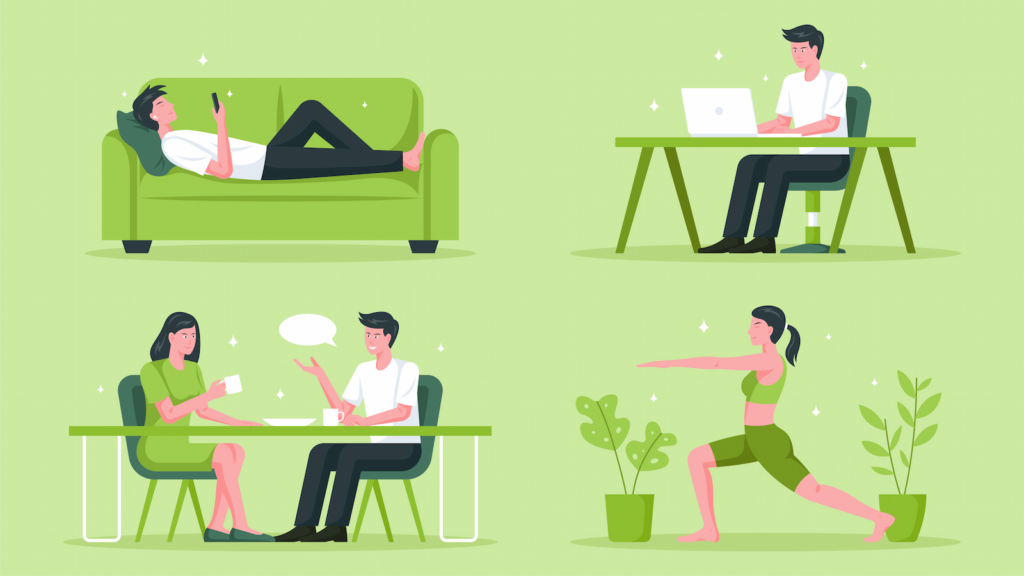
Going about your day normally is a simple way to help ensure your sleep study captures the most accurate data possible. It can also help reduce any anxiety leading up to the study, increasing the chances of solid sleep during the observational period.
If you take daily medications, ask your doctor or sleep specialist if you should take them on the day of your sleep study. Some medications—such as sedatives—can influence sleep characteristics and provide inaccurate data.
2. Don’t Nap During the Day of Your Test
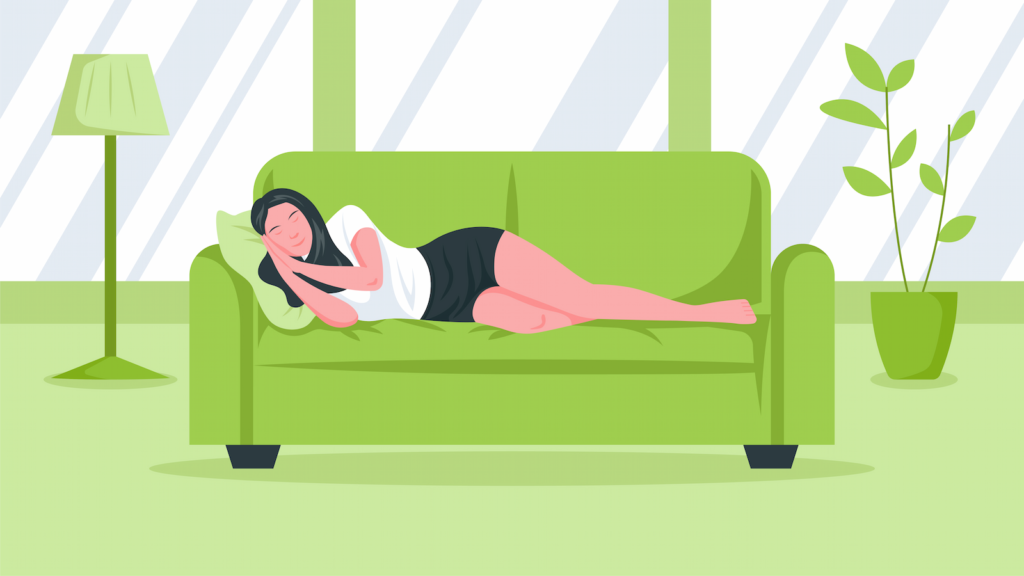
Falling asleep in a strange room is hard enough without having extra energy to spare thanks to a mid-day nap. Be sure to avoid snoozing on your test day to help you fall asleep quicker during your test.
3. Avoid Caffeine or Alcohol After Noon
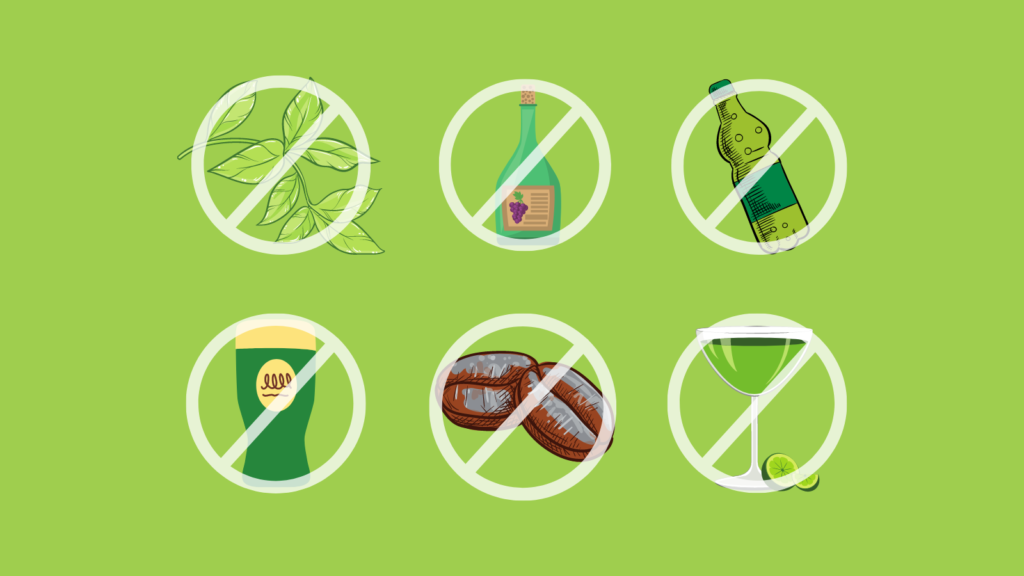
Both substances can significantly impact a range of physiological traits and impair your ability to sleep soundly. Avoid both after noon on the day of your sleep study to minimize the risk of sleep disturbances and ensure the accuracy of any data gathered during your sleep test.
4. Bring Everything for Your Nighttime Routine
As the polysomnography technologists need to monitor your sleep visually, you’ll want to bring pajamas you’re comfortable sleeping in and wearing around others.
You’ll also want to bring any nighttime hygiene items such as facial cleansers and makeup removers, as well as your toothpaste and toothbrush.
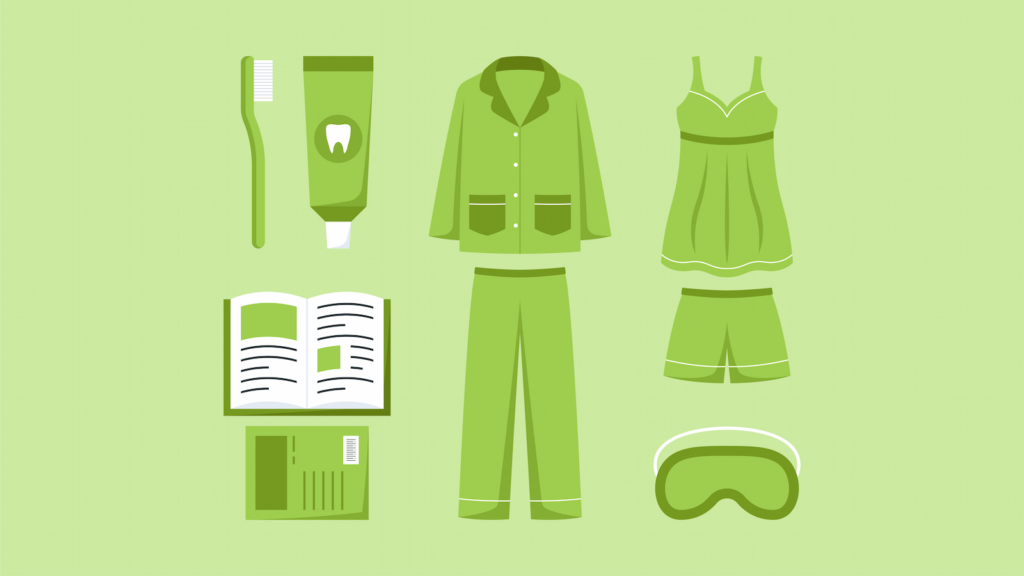
If you like to read before falling asleep, don’t forget your reading materials. However, the sleep center might limit access to personal electronics to encourage sound sleep and minimize disruptions. Bringing books or magazines is probably better than an e-reader or tablet.
5. Avoid Heavy Hair Styling Products or Oily Skin Care Products
Full sleep studies require attaching an assortment of electrodes to your skin using small adhesive pads or medical tape. Clean skin is essential to ensure none of the monitors come loose while you’re sleeping.
The technologist will typically clean your skin to ensure secure contact and accurate data collection. However, skipping hair sprays or gels and avoiding skincare products that don’t rinse cleanly away or absorb into your skin can also help encourage everything to stay in place while you sleep.
Summary
- Full sleep studies provide the most comprehensive look at the state of your body while sleeping. However, they are also more expensive than many home-based sleep study options.
- Lab-based polysomnography gathers data about airflow, breathing patterns, sleep staging, oxygen saturation, heart rates and rhythms, body position and movements, leg movements, and brain activity.
- In-lab sleep studies can also provide information about periodic limb movement disorder (PLMD), narcolepsy, REM sleep behaviour disorder, sleepwalking or excessive movement while sleeping, and unexplained chronic insomnia.
- The risks of lab-based sleep studies are very low as the procedure is non-invasive.
- Common complaints about lab-based sleep studies include difficulty sleeping in a strange environment, discomfort related to the many wires and monitors involved, increased anxiety or nervousness, scheduling and travel inconveniences, and cost.
- Lab-based sleep studies are better for diagnosing mild or complex sleep apnea cases.
- Typically, the sleep center or hospital will provide you with a private room equipped with audio and video monitoring and medical monitors to gather data.
- Most sleep studies take place during a single night. However, a CPAP titration might be scheduled for a second night to define optimal therapeutic levels if required.
- When preparing for your sleep study, keep a normal routine; avoid naps, caffeine, and alcohol; consult with your doctor about potential medication interactions; and bring everything you need to settle in for the night to your study appointment.
CPAP Supply is Canada’s leading online CPAP supply store in customer satisfaction! If your lab-based sleep test concludes that PAP therapy is right for you, our comprehensive selection of CPAP machines, accessories, and supplies from leading manufacturers makes it easy to pick up everything you need from a single source. Contact us today to discuss the best options for your needs!
References
- Advanced Respiratory Care Network: Full Sleep Studies
- Mayo Clinic: Polysomnography (sleep study)
- HealthHelp Whitepapers: In-home vs. In-lab Polysomnography
- American Academy of Sleep Medicine (AASM): Sleep Study
- Sleep Foundation: How Does a Sleep Study Work?
- American Association of Sleep Technologists (AAST): A Sleep Tech’s Guide to In-Lab Sleep Studies
- Medscape: Polysomnography
- Sleep Foundation: Sleep Studies
- Sleepsomatics: What is an In-Lab Sleep Study?
- Verywell Health: What is an Overnight Sleep Study (Polysomnogram)?

